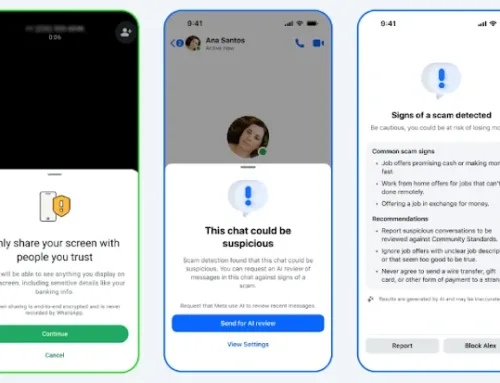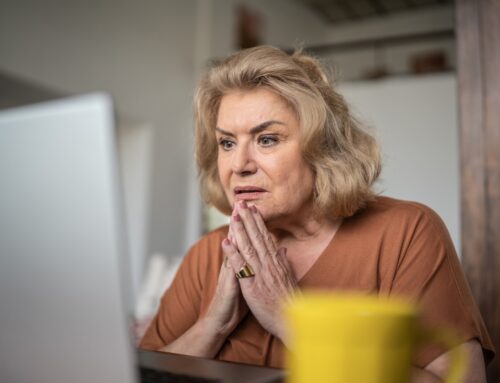Upcoming election could influence passage of recreational cannabis sales in Virginia
October 20, 2025

RICHMOND — Advocates, lobbyists, entrepreneurs and a forensic toxicologist offered their testimony to a joint commission earlier this month, on how and why Virginia needs to move forward with a retail cannabis market.
The commission, composed of state senators and delegates, was established through legislation earlier this year and has met three times.
Lawmakers legalized recreational marijuana use in 2021, but there is no retail market for adult use. The most recent legislation to create a retail market was vetoed by Republican Gov. Glenn Youngkin. Youngkin said his decision was to protect children’s health and safety, and also other states with recreational cannabis programs did not eliminate the black market.
The Nov. 4 election, which will determine the state’s next governor and the party that holds the House majority, could influence whether lawmakers will successfully create a recreational market next year.
JM Pedini is the development director for the National Organization for the Reform of Marijuana Laws and also serves as the executive director of the state affiliate chapter. As part of Virginia NORML, their work has directly helped in the legalization of medical and adult-use cannabis.
Pedini was a presenter at the meeting, and disagreed with Youngkin’s concern.
“What we have learned from over two decades of real-world regulatory experience with cannabis in the United States is that taking marijuana off the street corner and putting it behind an age-verified counter best prevents youth access,” Pedini said.
Sen. Adam Ebbin, D-Alexandria, sits on the commission and said a regulated retail market keeps cannabis “out of the hands of minors.” It also creates quality control, he said. Consumers would know that products have been tested.
Michelle Peace is a professor at Virginia Commonwealth University in the Department of Forensic Science. She sits on the board of the Cannabis Control Authority, which was created to regulate cannabis sales. Peace presented her independent research that involved a team shopping at Virginia stores that sold cannabis products.
Researchers noted if the shops checked identification, or sold e-cigarettes from unknown distributors. They also found illicit cannabis material in the shops that contained coliform, which indicates “fecal contamination,” according to Peace.
“Mostly we found that they were not compliant with what was on the label at all,” Peace said.
Other speakers included Ngiste Abebe, founder of the KND group, which advocates for medical and adult use of cannabis, and also supports cannabis businesses. Her presentation “The National Landscape on Transitioning from Medical Cannabis to Adult-Use” focused on safeguards for medical cannabis users and promoted the need for a retail market.
Damian Fagon, the director of The Bronx Cannabis Hub and executive fellow at the Parabola Center presented through a video call. He explained how to build a fair and competitive cannabis market in Virginia. He used his past experience as New York’s first chief equity officer at the New York State Office of Cannabis Management to provide recommendations.
Current legislative action
Del. Paul Krizek, D-Fairfax, sponsored the House bill vetoed by the governor last session.
Republican gubernatorial candidate and current Lt. Gov. Winsome Earle-Sears is not supportive of recreational marijuana and could veto the future bill, Krizek said.
At a recent debate, Earle-Sears said she supports a medical program but not recreational use.
Democratic candidate Abigail Spanberger has voiced support for a legal, regulated retail market that prioritizes public safety and is transparent.
“And that’s what we’re going to try to do,” Krizek said.
A retail market could have an economic impact for the state and local businesses.
“It’s going to create economic opportunity not just for the commonwealth, but also for communities and for small business people, especially people who are the victims of the war on drugs too,” Krizek said. “We’re trying to reach out to those folks you know, to help them.”
Lawmakers have attempted for years to create social equity licenses that provide grants, low-interest and zero-interest loans to applicants either convicted or adjudicated of a prior misdemeanor violation for marijuana, in addition to other qualifying criteria. Recently the language has shifted to helping qualifying “micro businesses.”
The commission will meet Dec. 2 at 1 p.m. and review the bill for overseeing Virginia’s transition into a cannabis retail market.
The General Assembly convenes on Jan. 14 for a 60-day legislative session.
Capital News Service is a program of Virginia Commonwealth University’s Robertson School of Communication. Students in the program provide state government coverage for a variety of media outlets in Virginia.
RevContent Feed
Search
RECENT PRESS RELEASES
Related Post








